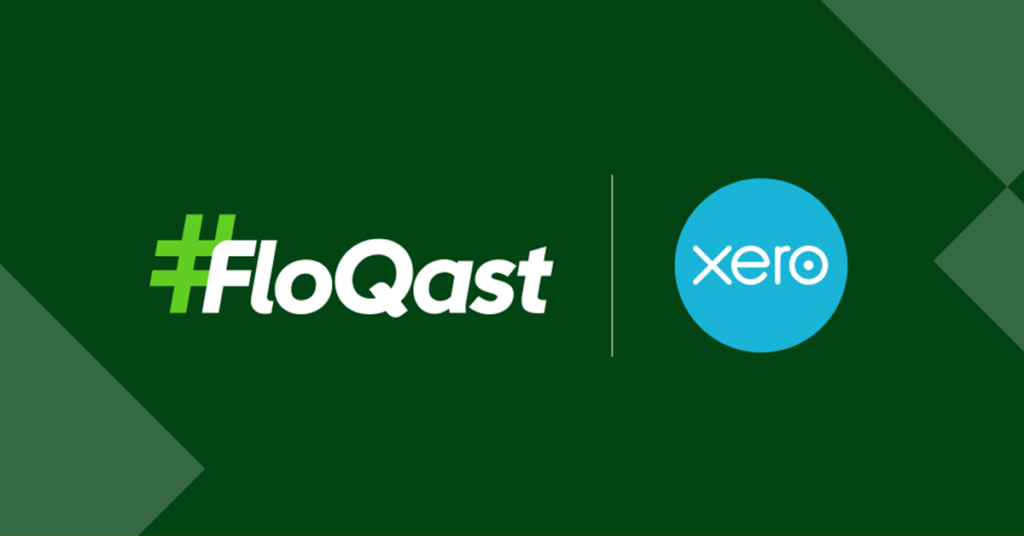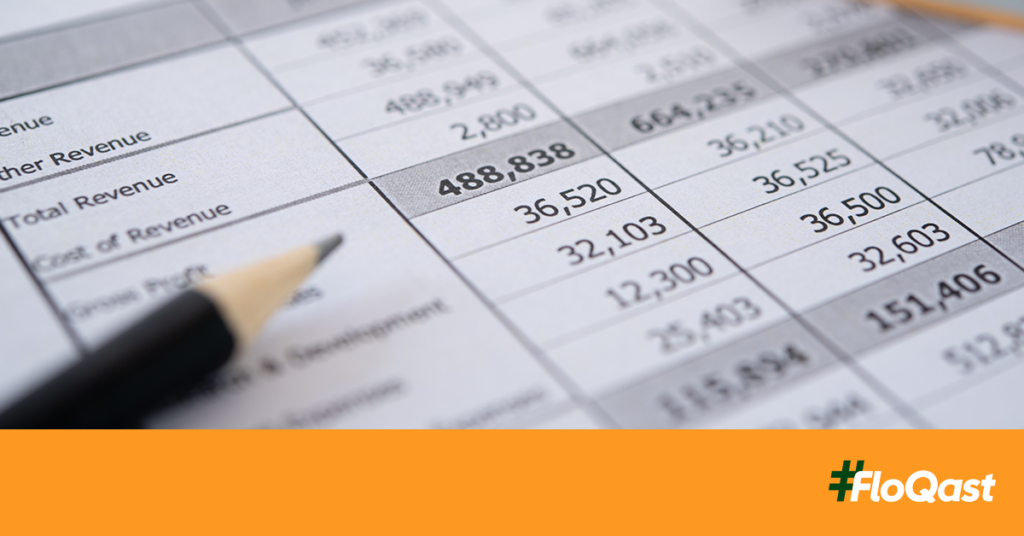
Blog - accounting, audit, benchmark, business, close the books, closing software, Corporate governance, cpa, Financial reporting, GAAP, IPO




Accounting
Navigating the IPO: An Interview Series
For many growing organizations, the Initial Public Offering (IPO) is a beacon of success. Your company has ramped up sales, built strategic relationships, sustained growth and is ready for the big show. With a fresh infusion of cash, it’s time to take the business to the next level.
Going public is a notoriously long and complicated process. It’s also one of the most rewarding experiences in accounting from both a professional and financial perspective (get those stock options!).
Everybody knows the end game is to ring the bell, but what exactly goes into going public? If you have never gone through the process or are interested in gaining some additional insight, you’re in the right place! This is the first post in an interview series with various members of Finance and Accounting departments discussing every angle of the IPO process: selecting bankers, drafting the S-1, preparing taxes, FP&A, optimizing month-end close, quarterly reporting, growing a team and getting SOX compliant. We hope you can learn from their experiences in going public – we know we did.
Let’s start the interview series with the CFO’s perspective:
 Seamus Hennessy, CFO
Seamus Hennessy, CFO
Q: You navigated your company through the IPO process. When was the thought of going public first put on your radar?
A: Actually, I presented the idea to our CEO. Once we had a predictable business, I felt like the timing was right. In some companies the board brings the idea to the table, but my philosophy was that management should run the company, not the board, and this has to be a management decision.
Q: How do you know when your company is ready?
A: You’re only ready to go public when you have a predictable, scalable business. That’s the key to being a public company. You need predictability in your business where you can forecast and deliver numbers accurately quarter over quarter. Each business is different; you have to look at public company comps, the competitive landscape and how big the potential market is. Out of the three, identifying and quantifying the opportunities in your potential market is a pivotal precursor to determine if it makes economic sense to even pursue an IPO.
Q: Going through the process the first time, who did you lean on for guidance?
A: Having never taken a company public before, you lean on your bankers, lawyers and peers to guide you through it. You have about 500 different things that need to get done, so you need to really prioritize what is important and what is not. You have to understand work is going to be your life for at least 12 months, day and night and you need to do this on top of your normal day job. You have to keep knocking things off the list and make sure you ask a lot of questions all while prioritizing key tasks. Learning how to make swift, yet insightful decisions greatly eases this process.
Q: Did the auditors help at all with pointing you in the right direction?
A: They’re not going to help you at all, they’re actually going to be more conservative than they ever have been. You can ask questions and they may point you to the best person to talk to, but the reality is they are focused on the audit. Their materiality level gets shallow very quick and they are going to question everything, as well as increase their testing procedures to cover their bases from a public company audit perspective. Once the auditors were informed of our IPO, we probably wrote more process memos during these 12 months than at any point since inception of the Company.
Q: How did you prepare your department and company for the IPO process?
A: You can’t learn after the fact; you need to be operating in all facets of the business as a public company prior to really beginning this process.
Q: What do you know now that you wish you knew then?
A: If I was to do it all over again, I think the one mistake I made was, I wish I had brought in a corporate controller 6-9 months earlier. You really need to be thinking the time to go public is about a two-year process, noting we did it in less than 12 months. The full year before the IPO, you want to have your people in place and closing under public company guidelines.
Q: What other advice would you give to CFO’s going through this process?
A: This is a cost of doing business. IPOs are expensive. Don’t worry about your operating leverage. Plan earlier, bring in consultants and add staff to round out your team. Also, remember that going public is only the start of the process. The analogy I use is ringing the bell on the day you become public is like the start of the marathon. Daily training and a routine regimen is what got you to the starting line, but running the marathon is equivalent to the daily pressures required to sustain a successful public company, including SOX compliance, adhering to stringent reporting requirements and attaining the projected financial measures communicated to the investor community. You have to be mentally strong and you’ll get through it.
Read the rest of the interview series:
- Part II: The Accounting Manager’s Role
- Part III: The Sr. Director of Corporate Development’s Role


